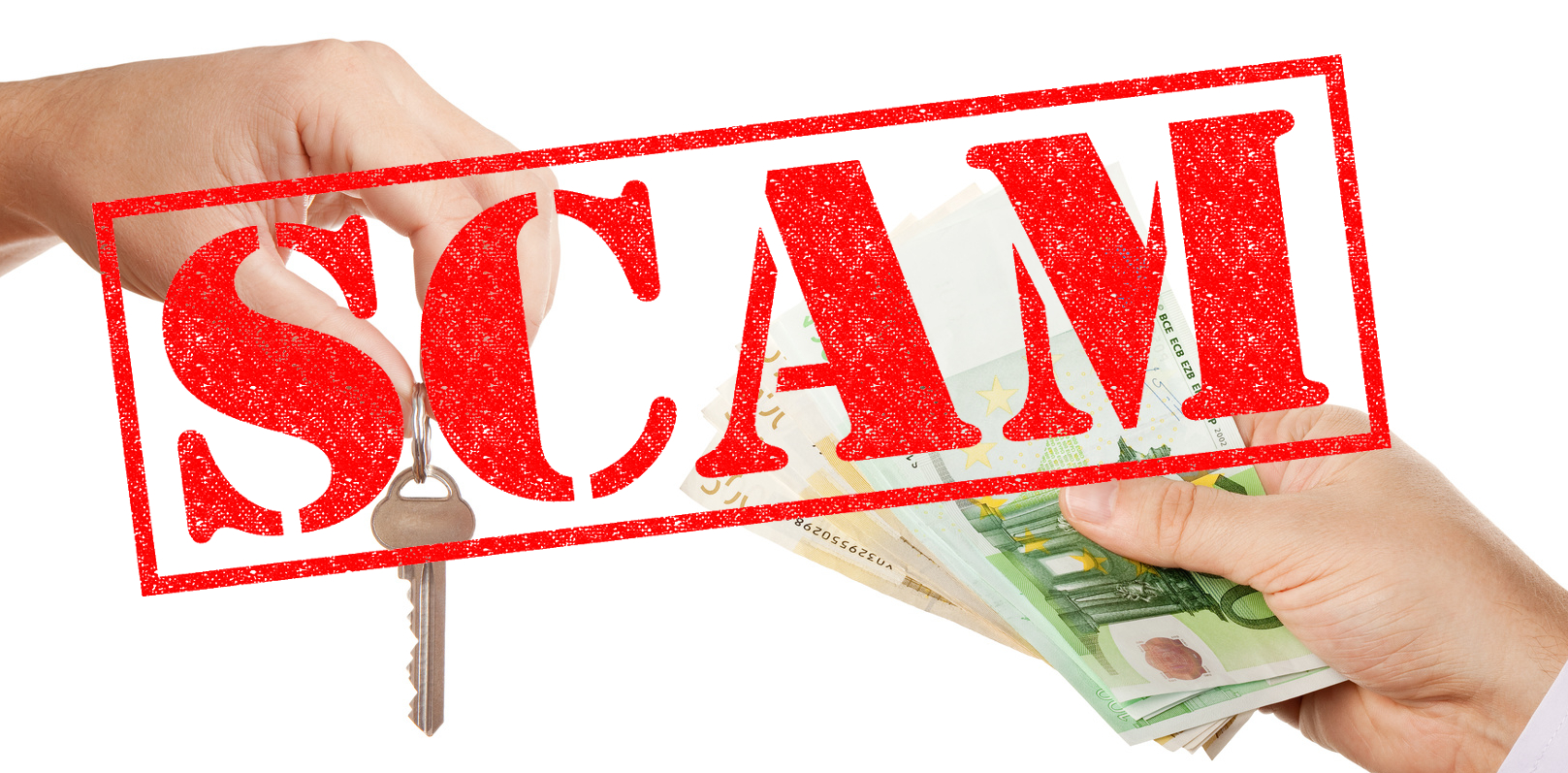A BBC investigation has uncovered the a rapid rise in rental fraud in England and Wales. According to figures from Action Fraud, which collates national fraud statistics for the City of London Police, the number of rental fraud cases rose from 2,216 in 2014 to 3,193 in 2015.
The most common type of fraud consists of scam artists offering flats to rent which they do not actually own and demanding instant deposits. Very often the lure of a significantly below market rate rent is used to attract victims. Extreme examples often ask prospective tenants to pay for 6 months or 1 years’ rent in advance to secure the property prior to visiting it. Payment of large sums of money in advance targets foreign nationals who are frequently required to pay 6 month’s rent in advance by established letting agents in London and student towns such as Cambridge and Oxford.
Further, since the fraudsters leave no legitimate correspondence address, it is almost impossible for victims to pursue fraudsters in court. Other variations include instances where fraudsters do access the property and show around prospective tenants. The property already be rented or has been rented to multiple victims at the same time.
The scam which in the past gained notoriety from its early association with the listings website Gumtree, has now extended to other property lising and flat-sharing websites. EasyRoomMate for example blocks 5% of the 1,000 adverts placed on its UK site each week over fraud suspicions. Other common websites targeted by rental fraudsters include Gumtree, Air BnB.
The National Renters Alliance recommends several measures which tenants can take to help protect themselves from falling victim to this scam.
- Never pay money upfront before visiting a property. Always be suspicious if anybody refuses to let you visit the property before paying a deposit.
- Ask to see identification such as a driving license and/or passport from the prospective landlord or letting agent. If you are dealing with a company ask for a correspondence address.
- Prospective tenants can also check whether the landlord is a member of the National Landlords Association (NLA) using the NLA accreditation website www.landlords.org.uk
- If you are still a student, you can often uses your student union or accommodation office to check whether a landlord is on an approved housing list.
- If dealing with a letting agent check whether the agent is accredited by organization. Examples of such bodies include the Association of Residential Letting Agents (ARLA). the Royal Institution of Chartered Surveyors (RICS) or the National Approved Letting Scheme (NALS),
- Use commonsense. If the property looks too good to be true, too cheap for the location then it possibly is.
- Before paying a deposit ask the landlord or agent which government-backed deposit scheme is being used. Currently there are three: mydeposit, The Dispute Service (TDS), The Deposit Protection Service (TDPS).
- If the property is shared ask the current occupants how they found the property and how they pay their rent. If the landlord or agent collects only cash or regularly changes bank accounts this should warrant further vigilance.
- If possible use a credit card to pay for a deposit after the letting agreement has been signed. Be wary if you are asked to transfer money via money transfer agents such as Western Union or Money Gram. Only use these services to send money to people you already know and trust.
- Always check the legitimacy of an advert. This is especially true for a non-property website such as Gumtree, Avoid adverts with no photographs or ones with photographs used on multiple adverts.
